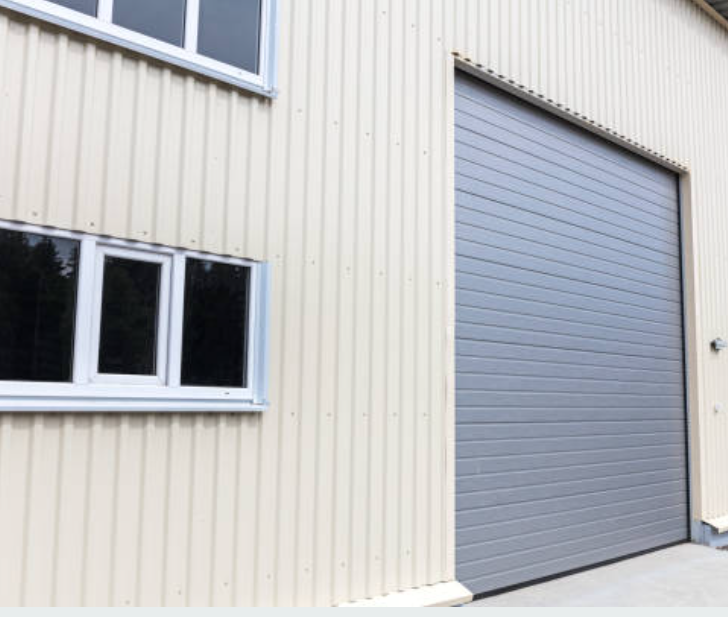
Posted on Tuesday, October 8, 2024
Metal siding profiles are essential components in both residential and commercial construction, offering durability, aesthetic appeal, and versatility. These profiles are crafted from various metals, including steel and aluminum, and are used to create protective and decorative exterior surfaces for buildings. In this blog, we’ll explore the different types of metal siding profiles and how roll forming machines are used to produce them.
Corrugated metal siding features a series of ridges and grooves, creating a strong and lightweight structure. This profile is known for its excellent durability and ability to shed water, making it ideal for areas prone to heavy rainfall. Corrugated panels are often used in agricultural buildings, warehouses, and residential applications due to their aesthetic appeal and functionality.
Flat metal panels are sleek and modern, offering a contemporary look for both residential and commercial buildings. These panels can be used in various applications, including facades, roofs, and soffits. The flat profile allows for easy installation and is often chosen for its minimalist aesthetic, providing a clean and seamless appearance.
Standing seam metal siding features vertical seams that interlock, creating a weather-tight seal. This profile is popular in commercial buildings due to its robustness and ability to withstand harsh weather conditions. The standing seam design also allows for expansion and contraction, making it suitable for various climates.
Ribbed metal siding panels have raised ribs that run vertically or horizontally, providing added strength and rigidity. This profile is often used in industrial applications and can be found in a variety of finishes, including painted and galvanized options, to enhance durability and aesthetics.
Metal shingle profiles mimic traditional roofing materials like wood or slate but offer superior durability and low maintenance. These profiles are used for residential applications, providing a classic look with the benefits of metal’s longevity and resistance to elements.
Roll forming machines play a crucial role in the production of metal siding profiles. These machines continuously feed metal coils through a series of rollers, gradually shaping the metal into the desired profile. This process allows for high-speed production and precision, ensuring consistency across each panel.
The roll forming process also minimizes waste, making it an efficient method for producing metal siding. With the ability to create custom profiles and lengths, manufacturers can meet specific design requirements for various construction projects.
Metal siding profiles offer a wide range of benefits, from aesthetic versatility to exceptional durability. Understanding the different types of profiles available and how they are produced can help architects, builders, and homeowners make informed decisions about their construction materials. Roll forming machines continue to advance, ensuring that metal siding remains a popular choice in the construction industry.

Used Purlin Roll Forming Machines for Sale Worldwide
Posted on Sunday, January 25, 2026
Pre-Owned Roll Forming Machines for Purlin & Structural Steel Profiles

Used Roof Panel Roll Forming Machines for Sale Worldwide
Posted on Sunday, January 25, 2026
Pre-Owned Roll Forming Machines for Roofing Panel Production

Used Roll Forming Machines for Sale Worldwide
Posted on Tuesday, January 20, 2026
Pre-Owned Roll Forming Machines with Inspection, Verification & Global Support

Steel Coil Supply for Roll Forming Machines Worldwide
Posted on Tuesday, January 20, 2026
Reliable Steel Coil Supply for Roll Forming, Fabrication & Manufacturing Applications
Copyright 2026 © Machine Matcher.